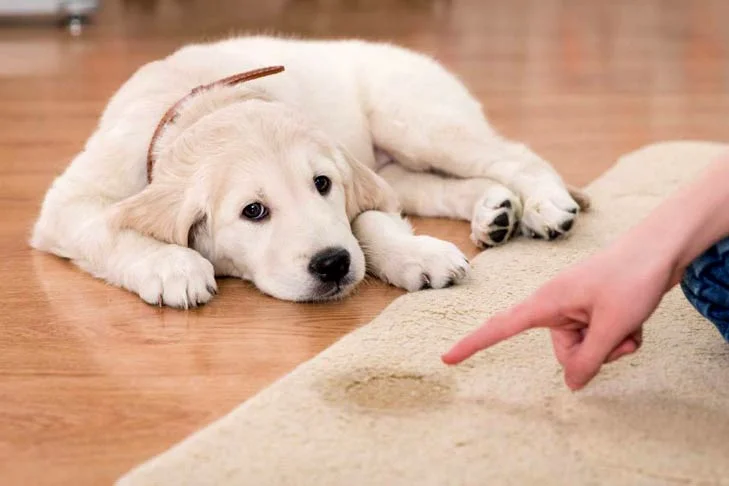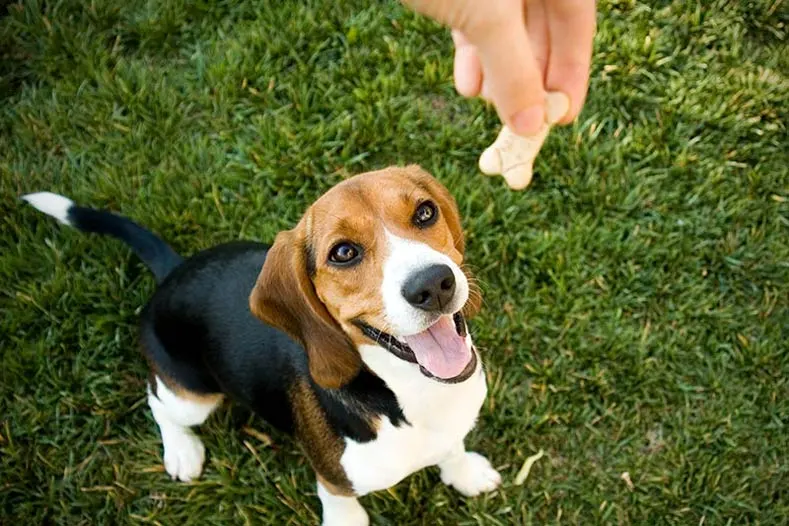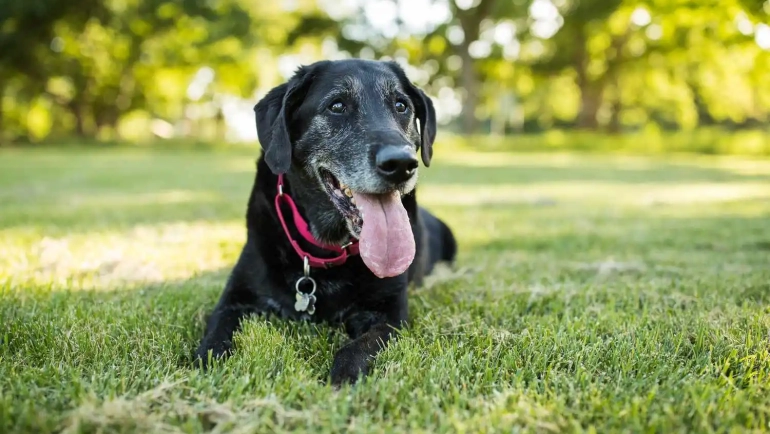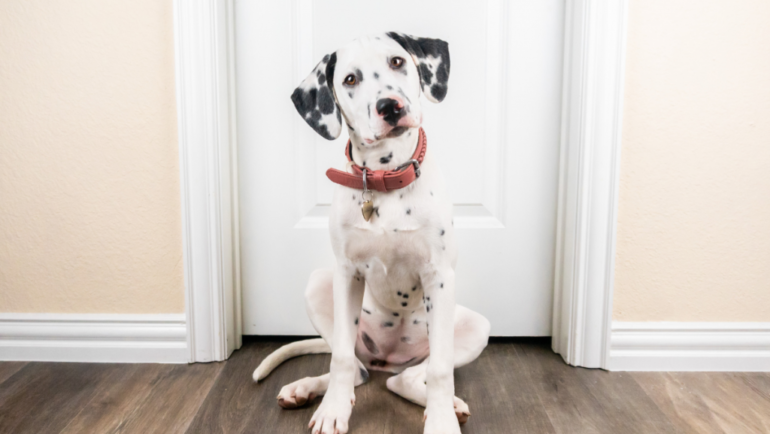136Views

A Brief Guide To Potty Training Your Dog
Bringing a furry friend into your life is a joy, but potty training can quickly turn that joy into puddles and frustration.
Fear not, fellow pet parent! With the right approach and a sprinkle of patience, you can transform your pup into a housetrained hero.
Buckle up, because this guide will equip you with the knowledge and tools to potty training your puppy with confidence.
Frequency is Key To Potty Training Your Dog:
Newborn pups:
Plan for bathroom breaks every 30-45 minutes, especially after waking up, playing, eating, and drinking.
Older puppies:
Gradually increase intervals as they mature. 1-2 hour breaks are common for 3-month-olds, while 3-4 hours might work for 4-month-olds.
Nighttime:
Most puppies can’t hold it all night. Set alarms for potty breaks every 2-3 hours until they can last longer.
Location, Location, Location:
Choose a designated potty spot:
A quiet, easily accessible area outside works best. Take your pup there on a leash every time they need to go.
Stick to the schedule:
Consistency is crucial. Take your pup out at the same times every day, even on weekends and holidays.
Minimize distractions: Avoid playing or talking too much during potty breaks. Keep the focus on eliminating.
Read More: Why Your Carpet Is Digging Up Your Carpet
Praise & Reward:

- Positive reinforcement is key: When your pup eliminates in the designated spot, shower them with praise, affection, and a small, high-value treat. This creates a positive association with going potty outside.
- Ignore accidents: Accidents happen, especially early on. Don’t scold or punish your pup, as this can create fear and hinder progress.
- Clean accidents thoroughly: Use an enzymatic cleaner to eliminate lingering odors that might tempt your pup to repeat the mistake.
Read Also: Puppy Fast Breathing Causes
Pro Tips for Success Potty Training Your Dog
- Confine your pup: When you can’t supervise, use a crate or puppy-proofed area to prevent accidents. Ensure the space is big enough for comfort but not large enough for accidents to go unnoticed.
- Limit water intake before bedtime: Especially for younger pups, restrict water access a couple of hours before bed to minimize nighttime potty breaks.
- Be patient: Potty training takes time and consistency. Don’t get discouraged by setbacks, celebrate small victories, and remember, progress, not perfection, is the goal.


